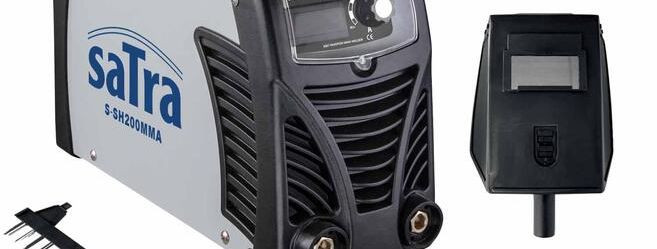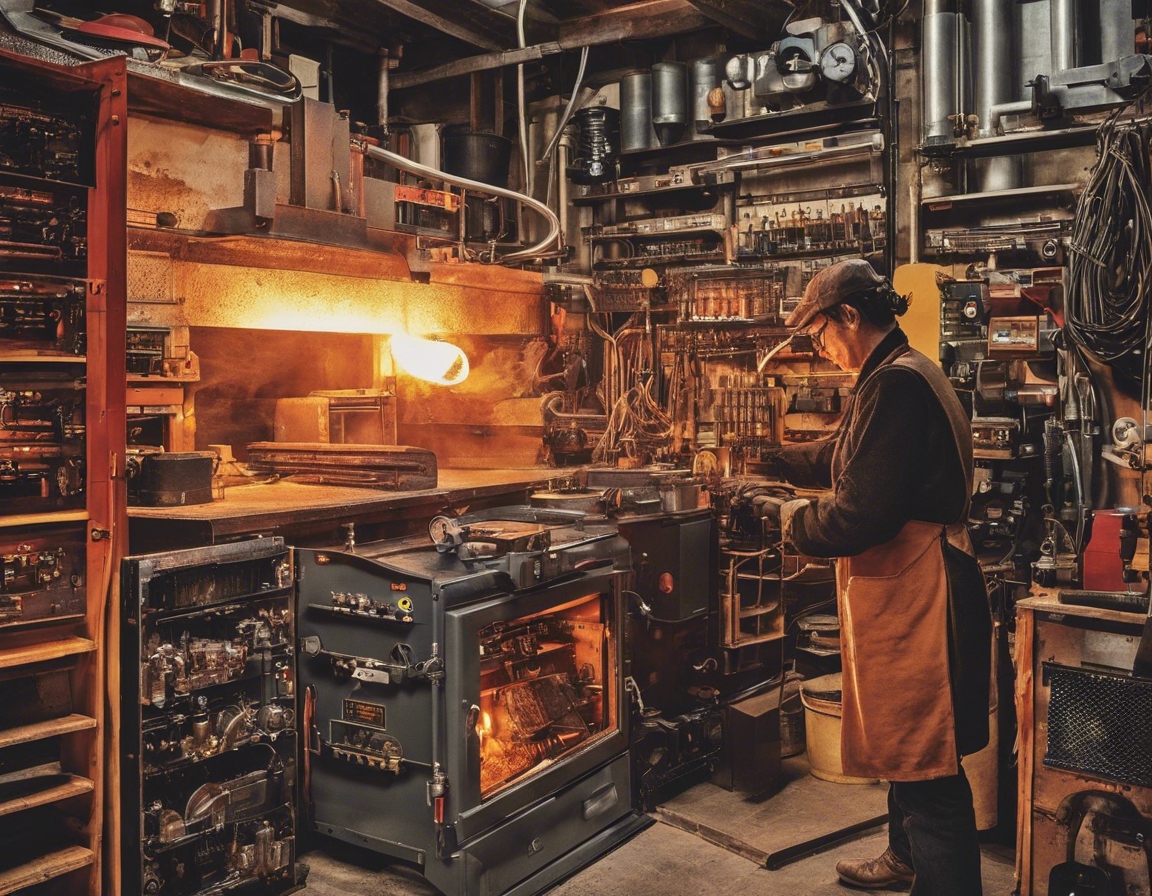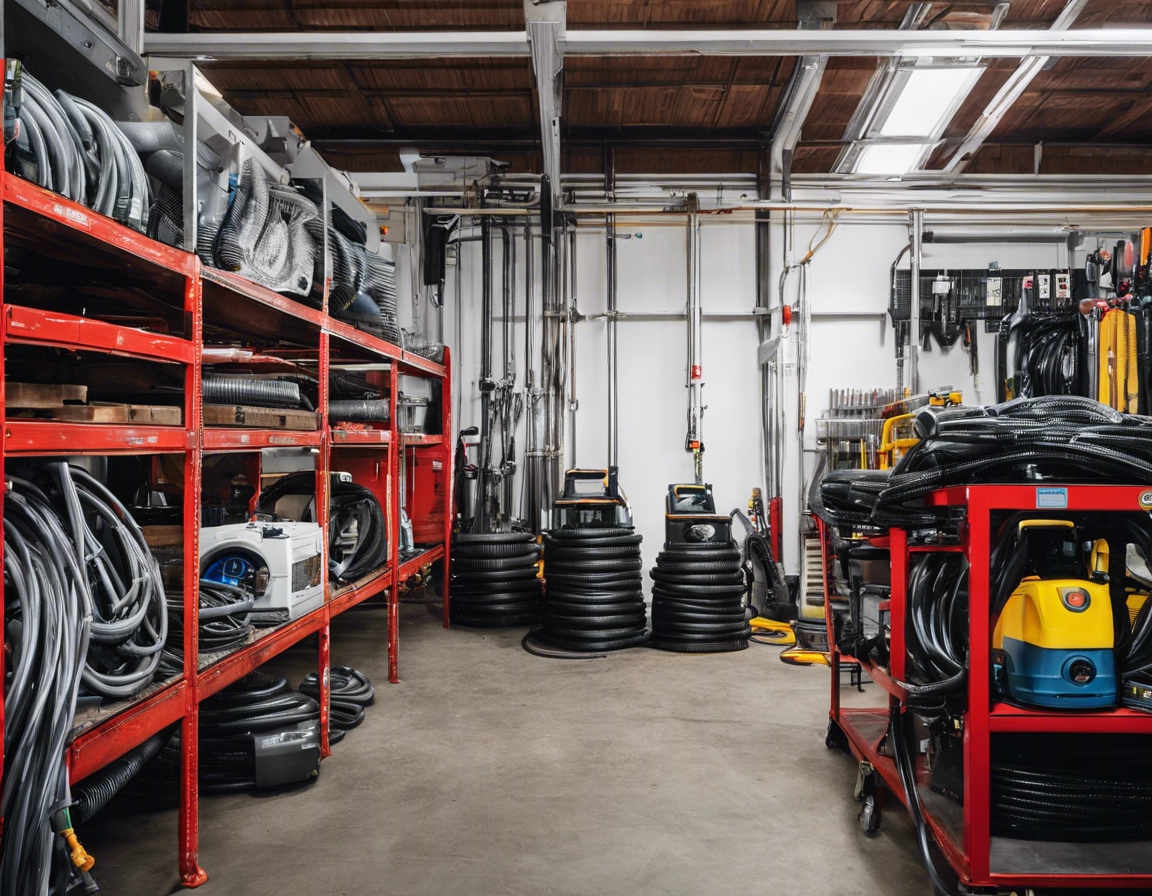How to choose the right workshop equipment for your needs
Before investing in workshop equipment, it's crucial to evaluate the types of projects you currently handle and anticipate in the future. Whether you're an automotive repair professional, a workshop owner, or a DIY enthusiast, understanding your specific needs will guide your equipment choices. Consider the range of vehicles you work on, the complexity of tasks, and any potential expansion of services.
Once you've assessed your projects, identify the essential tools and equipment required. This includes basic hand tools, power tools, diagnostic equipment, and any specialized machinery. Prioritize tools that are indispensable for your daily operations and those that can enhance your efficiency and precision.
Evaluating Equipment Quality and Durability
Quality and durability are paramount when selecting workshop equipment. Look for tools made from high-grade materials such as stainless steel or chrome vanadium, which offer longevity and resistance to wear and tear. The build quality should be robust, ensuring the equipment can withstand rigorous use.
Researching brand reputation and customer reviews can provide insights into the reliability of the equipment. Established brands often have a track record of producing high-quality tools. Customer reviews can highlight real-world performance and any potential issues.
Considering Versatility and Functionality
Investing in multi-purpose tools can save space and money. These tools offer versatility, allowing you to perform various tasks with a single piece of equipment. Look for tools that can adapt to different functions without compromising on performance.
While versatility is important, certain tasks may require specialized equipment. Identify any niche services you offer that necessitate specific tools. Specialized equipment can enhance your capability to handle unique or complex tasks efficiently.
Budgeting for Your Workshop Equipment
Budgeting is a critical aspect of choosing the right workshop equipment. While it's tempting to opt for cheaper options, it's essential to balance cost with quality. Investing in high-quality tools may have a higher upfront cost but can save money in the long run by reducing the need for frequent replacements.
Explore financing options and deals that can make purchasing equipment more manageable. Many suppliers offer payment plans or discounts for bulk purchases, which can ease the financial burden while allowing you to acquire the necessary tools.
Space and Storage Considerations
Efficient use of space is vital in a workshop setting. Plan your workshop layout to ensure easy access to tools and equipment. Consider the workflow and arrange equipment in a way that minimizes movement and maximizes productivity.
Implementing efficient storage solutions can help keep your workshop organized and safe. Use toolboxes, pegboards, and shelving units to store tools systematically. This not only saves space but also ensures that tools are easily accessible when needed.
Safety and Ergonomics
Safety should never be compromised in a workshop environment. Choose equipment with built-in safety features such as automatic shut-off, non-slip grips, and protective guards. These features can prevent accidents and ensure a safer working environment.
Ergonomically designed tools reduce strain and fatigue, allowing you to work comfortably for extended periods. Look for equipment that offers adjustable settings, comfortable grips, and balanced weight distribution to enhance your efficiency and reduce the risk of injury.
Keeping Up with Technological Advancements
The automotive industry is continually evolving, and so are the tools and equipment used in workshops. Stay informed about the latest innovations, such as smart diagnostic tools, cordless power tools, and automated machinery, which can significantly enhance your capabilities.
Integrating technology into your workshop can streamline operations and improve accuracy. Consider investing in digital tools and software that assist with diagnostics, inventory management, and customer service. This integration can set your workshop apart and improve overall efficiency.






Comments (0)